
Sleep-disordered breathing
Sleep-disordered breathing or SDB is a term coined to describe a range of sleep disturbances caused by abnormal breathing patterns. It covers a number of breathing abnormalities occurring during sleep. Problems involving increased resistance of the upper airway system include snoring, upper airway resistance syndrome or UARS and obstructive sleep apnea-hypopnea syndrome or OSAHS.
Sleep-disordered breathing is considered by many physicians as a spectrum of diseases, meaning that a person who snores is considered to be exhibiting first signs of SDB and that snoring should not be considered normal. Many factors, such as alcohol abuse, obesity, use of sedatives and such, can turn a simple snorer into a person suffering from obstructive sleep apnea.
Snoring
Snoring is a very common occurrence and definitely one of the most common aspects of sleep-disordered breathing. It was once considered a nuisance for the person sleeping next to a snorer, but today the medical science is well aware that snoring can be a clinical symptom.
Snoring is basically a sound that comes from a person’s upper airway while he or she is sleeping. The sound is produced by membranous portions of the airway that lack support from cartilage. It can be the soft palate, uvula or the pharyngeal walls.
It is estimated that, even though anyone can snore, snoring is prevalent in male population over 40 years of age. It can happen in any stage of sleep, but it is more common in stages two, three and four.
Primary snoring means it is not related to cardiovascular diseases but it can be combined with disordered sleep patterns. It can also be related to obstructive sleep apnea, which is a serious sleeping disorder.
Snoring has a direct effect on a person's waking life. A night of snoring leaves a person feeling not rested but tired or even exhausted, irritated, unfocused and forgetful.
Today, sleep-disordered breathing can be efficiently diagnosed in sleep labs, with the use of polysomnogram, and it can be solved with different treatment options, usually medication and specialized devices.


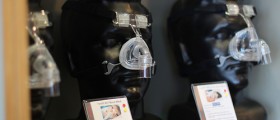
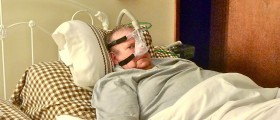


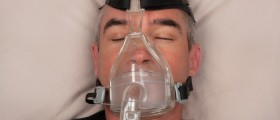
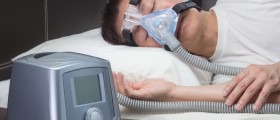
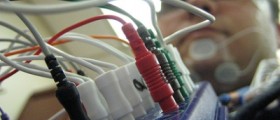
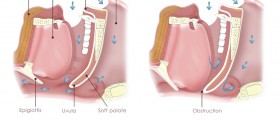

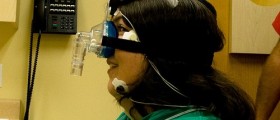

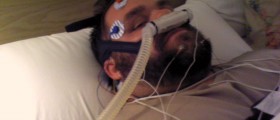
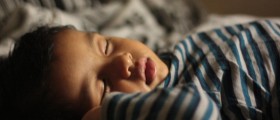
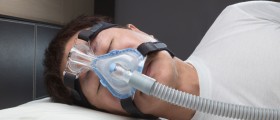

Your thoughts on this
Loading...